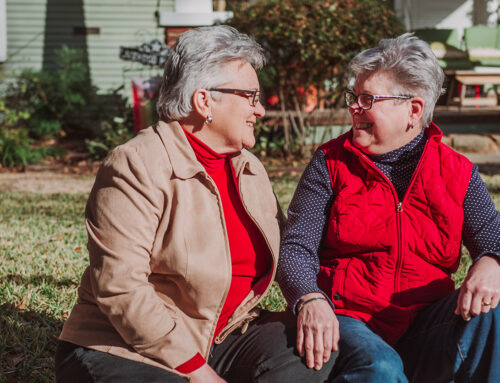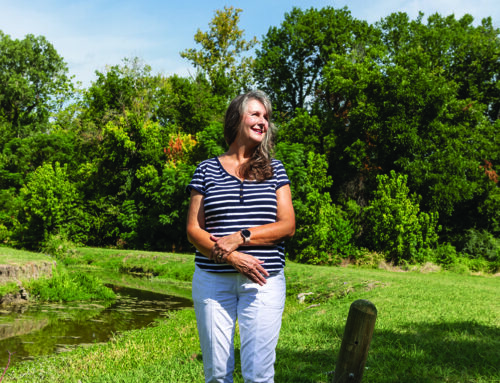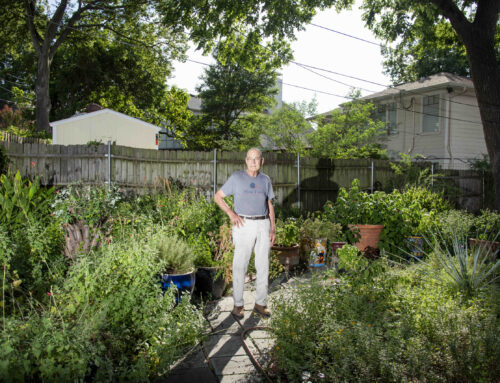Not voting matters. Just ask the people who showed up at the Ridgewood recreation center last month for their exercise class, only to find the doors locked and no one in sight. Or ask 2 1/2-year-old Bebe Purdy, whose mother brought her to the Ridgewood sprayground, only to find it shuttered.
Those people — and perhaps thousands of others throughout Dallas — were trying to use city services that they had paid for on July 6. But there were no city services to use. The city was closed, the first of two “furlough” days this summer that are part of the scramble to trim this year’s budget deficit. The theory? Shutter all non-essential services to save a couple of million dollars. Which sounds fine in theory, but loses a lot in translation.
“I’m not an accountant, and I don’t know what the answer is,” said Bebe’s mom, Angela, who had taken the day off work to bring her daughter to the sprayground. “But it’s a beautiful day, and if they’re cutting this to cut the budget, they need to find something else to cut. In this economy, people need things like this. Maybe not as much in this neighborhood, but in other neighborhoods.”
Which, to me, sounds like a better theory than those espoused by the people who run this city. Their guiding principle — perhaps their only principle — is that Dallas is about growth, that bigger is better, and that the role of city government is to facilitate growth so that we can get bigger and better. So we get convention center hotels, tollways, and the real estate deals that go with them. We get city managers who talk about construction cranes and dirt flying. We get a zoning plan, which is supposed to be about making the neighborhoods better places to live, called Forward Dallas! — a title, complete with exclamation point, that makes it sound like it’s about real estate deals, construction cranes and dirt flying.
What’s missing in all of this is that growth is not necessarily the goal of municipal government and that bigger is not necessarily better. What’s missing is any discussion of quality of life; mostly, I assume, because the people who run the city don’t see it as important enough to discuss. Grow and get bigger, and quality of life will sort itself out.
Which is plain, flat-out wrong. First, it’s a 20th-century approach to government that is becoming increasingly outdated in a 21st century that is about making better use of the resources we have, instead of assuming we’ll always have new ones. Second, and more importantly, the people downtown are so hung up on growth that they have forgotten that government is also supposed to provide rec centers, spraygrounds and libraries.
Mayor Park Cities, in his council inauguration speech in June, said Dallas will become “the city by which all other great cities of this world are measured.” This is certainly possible, but only if we keep in mind what makes a great city, and it’s not just growth. No one visits New York to see construction cranes, no one goes to London to see dirt flying, no one travels to Paris to marvel at real estate deals. They want to see Central Park and Buckingham Palace and the Louvre, and we don’t have any of those.
This is not a Luddite argument against growth. Rather, it’s a plea for a more reasonable approach to growth that includes concerns about our quality of life. The current approach may not be the only reason we’re in this budget disaster, but it didn’t help us avoid it.
And that’s where not voting comes in. We have an opportunity, every two years, to tell the people downtown that they have to do a better of job of spending our money. And we don’t. More people go to Cowboys’ games than voted in this year’s city elections, and the Cowboys aren’t that much more important.
Besides, if you don’t vote, do you want to tell Bebe why she couldn’t use the sprayground?





